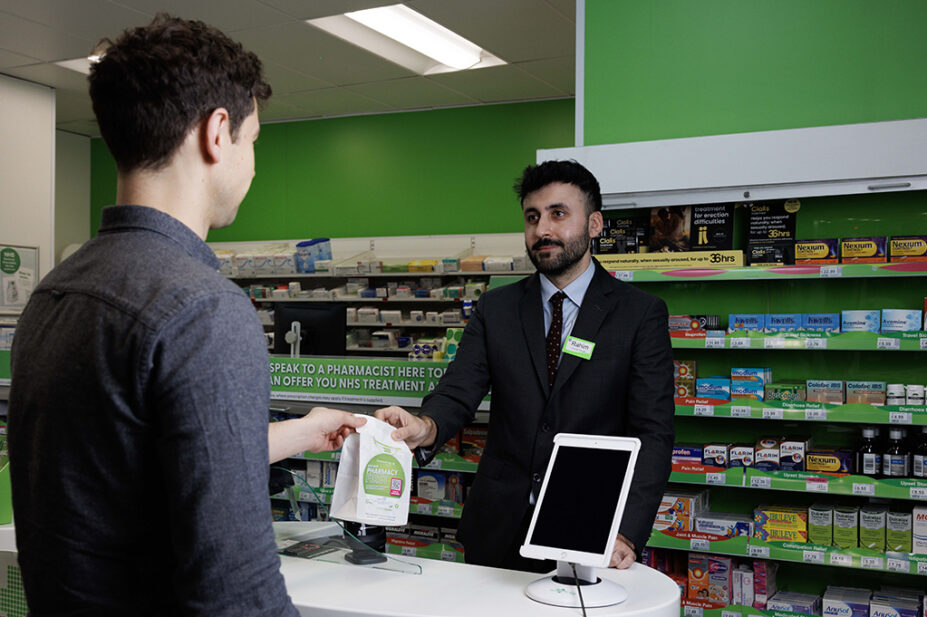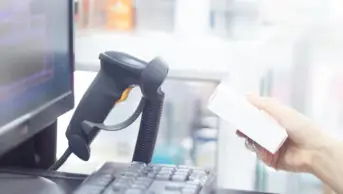
Belinda Jiao / PA Wire
A government minister has told the House of Lords that around 3,000 Pharmacy First consultations were carried out over the first three days of the service launching in England.
Speaking on 6 February 2024, health minister Lord Markham was also asked whether pharmacies providing the service had been overwhelmed following its launch on 31 January 2024.
“In the first three days, we have had about 3,000 consultations. In answer to the question about pharmacies being overwhelmed, the early indications are that it has been managed well,” he said.
“You could say that the more business they get is a good thing in terms of their viability. Right now, we feel that it is so far, so good.”
Pharmacy First allows pharmacists to supply specific treatments for seven common conditions using patient group directions: sinusitis; sore throat; infected insect bites; impetigo; shingles; uncomplicated urinary tract infections in women; and acute otitis media.
More than 93% of pharmacy contractors in England, equating to more than 10,000 pharmacies, have signed up to provide the service.
In the same debate, Lord Markham also said that the government was aiming to use NHS 111 to direct patients to Pharmacy First, where appropriate.
“It is very much the intention that [NHS] 111 — I include the app and other digital approaches in this — will point a person to the right pathway for them,” he said.
“If we then know that they have one of these seven conditions, such as a simple UTI, sinusitis, or something of that ilk, they will be guided towards Pharmacy First. That is very much the intention.”
Commenting on the figures, Janet Morrison, chief executive of Community Pharmacy England, said: “Pharmacy First has got off to a fantastic start, with thousands of consultations taking place in the first few days of the service. This is a clear sign of support from the huge number of people who know the best route into healthcare is often to visit their pharmacy first, even before the NHS PR campaign has begun.”
In a statement published on 6 February 2024, the London School of Hygiene and Tropical Medicine (LSHTM) said that it will carry out research, funded with £2.4m from the National Institute for Health and Care Research (NIHR), into the new Pharmacy First service.
The team will work with the UK Health Security Agency (UKHSA) and the Universities of Oxford, Manchester and Nottingham to evaluate Pharmacy First’s take-up, safety, equity, cost effectiveness and acceptability, as well as its implications for antibiotic use and antimicrobial resistance.
Project lead Rebecca Glover, assistant professor in antimicrobial resistance at LSHTM, said: “Our team has expertise in evaluating complex policy interventions, such as the last two UK antimicrobial resistance national action plans, so alongside expert external colleagues, we will pay particular attention to the impact of Pharmacy First on antibiotic prescribing and resistance across the health system.”
The NIHR announced plans to commission research into Pharmacy First in April 2023.
Commenting on the research, Claire Anderson, president of the Royal Pharmaceutical Society and professor of social pharmacy at the University of Nottingham, said: “I am delighted to be part of the team evaluating Pharmacy First in England. We will have much to learn from similar, successful schemes in Wales and Scotland.”
A spokesperson for NHS England said it could not currently provide data for the number of Pharmacy First consultations carried out in the first week of its operation.


